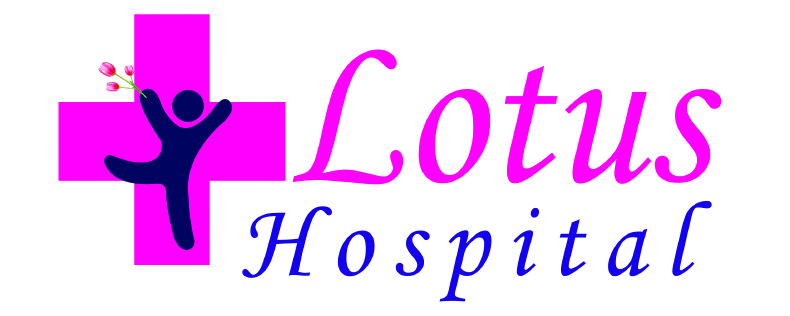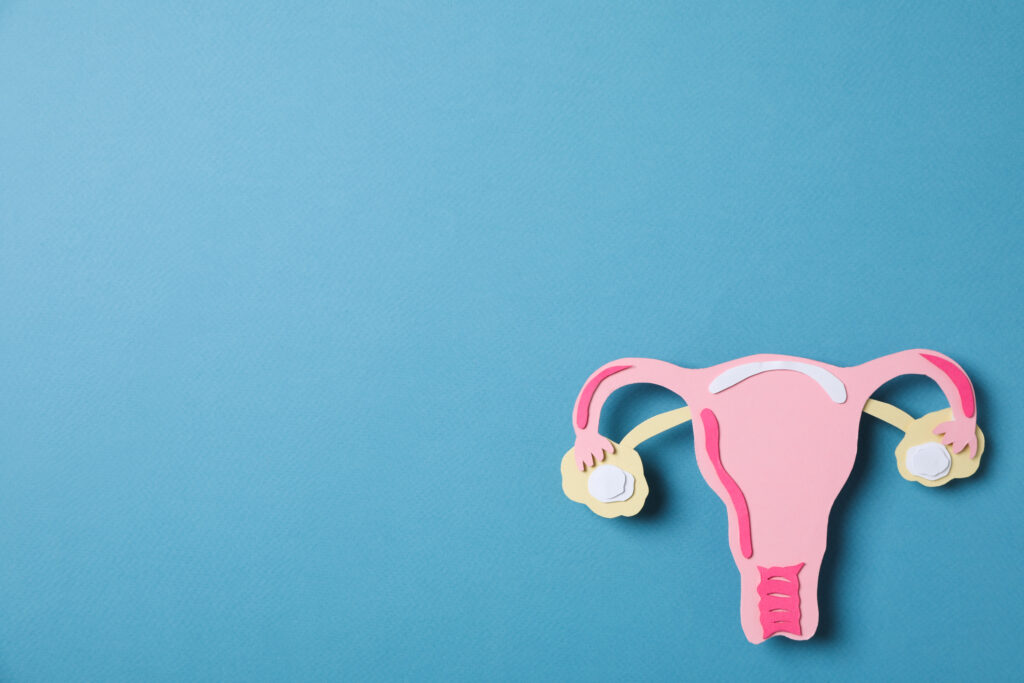Ovarian cysts are fluid-filled sacs that form on or inside the ovaries. Many women will have an ovarian cyst at some point in their lives. Most cysts are harmless, but some can cause problems. Recognizing the symptoms of ovarian cysts is important. Early signs can help you get the right care. In this guide, you will learn about common symptoms, when to seek help, and how doctors diagnose ovarian cysts.
What Are Ovarian Cysts?
Ovarian cysts are small, fluid-filled sacs that develop on the ovaries. The ovaries are part of the female reproductive system. They produce eggs and hormones. Most cysts form during the monthly cycle and go away on their own. However, some cysts can grow larger or cause pain. According to the Centers for Disease Control and Prevention (CDC), ovarian cysts are common, especially in women of childbearing age.
Common Symptoms of Ovarian Cysts
Many ovarian cysts do not cause symptoms. But sometimes, you may notice changes in your body. Knowing the early signs of ovarian cysts can help you act quickly. Here are some common symptoms:
Sometimes, ovarian cyst pain symptoms can be sudden and severe. For example, if a cyst bursts or twists, you may feel sharp pain. If you notice these signs, it is important to seek help right away.
When to Seek Medical Attention
Most ovarian cysts are not dangerous. However, you should see a doctor if you have:
These symptoms may mean a cyst has burst or is causing other problems. Early treatment can prevent serious issues. If you are unsure, it is always better to check with a healthcare professional.
How Ovarian Cysts Are Diagnosed
Doctors use several methods to find out if you have an ovarian cyst. First, they will ask about your symptoms and medical history. Next, they may do a physical exam. Often, an ultrasound is used to look at your ovaries. This test uses sound waves to create pictures of the inside of your body. Sometimes, blood tests are done to check hormone levels or rule out other problems. In rare cases, more tests like MRI or CT scans may be needed. According to the World Health Organization (WHO), early diagnosis helps guide the best treatment.
Lifestyle Tips and Prevention
While you cannot always prevent ovarian cysts, some healthy habits may help. Here are a few tips:
Although most cysts are harmless, staying aware of your body can help you spot early signs of ovarian cysts. Early action can make a big difference.
Consult a healthcare professional if you notice any symptoms or have concerns about ovarian cysts. Early care can help keep you healthy and safe.

